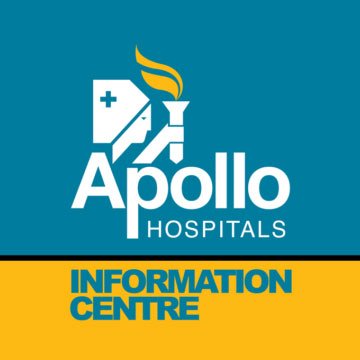Dos and Don't After an Open Heart Surgery
Most surgical incisions are closed primarily using sutures or staples.
When primary closure occurs, it has been determined that the area of incision is not at increased risk of infection. Primary closures should be covered with a sterile dressing for 24-48 hours after surgery.
Dos after an open heart surgery
- Do take the medications the doctor orders.
- Do rest until you are given permission to return to regular activity (including sex). This means no house work of any kind.
- Do eat healthy meals. (It's possible you may have a reduced appetite.)
- Do follow any fluid limits your doctor may have given you.
- Do keep all your follow up appointments.
- Do try to stay away from any kind of emotionally stressful situation(s).
- Do call your doctor if you have a fever, difficulty breathing, irregular heart beat, nausea or vomiting, sever headaches, a cough, shortness of breath, or feel sick in any way.
- Do take your temperature every day to make sure you don't have any kind of fever.
- Do start back into your life slowly. Incorporate walking with very short walks 3 - 5 min and then gradually increase over the next 3 months to help build up your stamina. But do not begin such a program until after you've spoken to your doctor.
- Cut Care:
It's very important to keep your incisions or cut clean and dry every time.
Use only soap and water in order to wash and cleanse the area.
Urgently call the doctor if you feel any moves, pops, or cracks to your breast bone (sternum) with movement.
- Activity:
At initial stage that is about for the first 6-8 weeks, you should follow these recommendations for speed recovery.
Regular visiting to the doctor for informing the activities that you do or going to start, since they will suggest you whether you should go for it or not.
Increase your daily activities gradually, you don't need to hurdle into work. In case, if you become tired, then take a break.
Don't after an open heart surgery
- Don't drive your car until your doctor approves (at least 4 weeks or longer based on what your doctor says).
- Don't use any herbal supplements without discussing it with your doctor.
- Some of them can interfere with the medications from the doctor. (And that's from someone who believes in herbal supplements.)
- Don't drink alcohol until your doctor says it's okay. Alcohol may interfere with your medications and possibly raise your blood pressure. (Even if your doctor says it's okay to have alcohol, it's best to limit it to 1 drink per day, if that.)
- Don't let any one pull your arms, even if it is to help you get up.
- Don't lift anything heavy -- more than 5 lbs based on your strength.
- Don't drink caffeine.
- Cut Care:
Don't use oil, ointments, or dressings to your cut unless your doctor told you.
Never flout some increased symptoms like swelling, drainage, or oozing or cut open or redness around the area, increment in body temperature etc.
- Activity:
It's highly recommended to enter your daily activities like lifting objects greater than 10 to 20 pounds, using stairs, or pulling any heavy object gradually and along with the doctor's permissions.
Surgical Teams should take great care to make certain that surgical patients understand precisely how and how often to care for their surgical incision, in addition to educating patients on the signs and symptoms of infection. Caring for an incision may require supplies not kept at home, or common items in quantities larger than normally kept. Doctors should make certain patients have everything they need for the incision for 1-2 weeks depending on the procedure and patient.
Don't hold your breath during any activity, especially when lifting anything or when using the rest room. Work: most patients will begin to feel like returning to light work six to 12 weeks after surgery. check with your surgeon before returning to work. Visitors: Limit your visitors for the first couple of weeks. In fact, the survival rate for bypass patients who make it through the first month after the operation is close to that of the population in general. But 8-10 years after a heart bypass operation, mortality increases by 60-80 per cent.
Patients who have undergone successful open heart surgery/bypass surgery at the time of discharge are advised to
Take medications as prescribed
Eat appropriate diet as advised. Patients who have undergone Valve replacement are advised to stop eating green leafy vegetables and other foods rich in Vitamin K for 3 months for a tissue valve and lifelong for a mechanical valve. Patients who had congenital heart disease have no such dietary restrictions. Patients after a Bypass surgery are advised low fat diet. Appropriate diet if additional problems like diabetes mellitus or renal impairment is also to be followed.
- Take bath everyday and keep the wound clean.
- Perform physiotherapy exercises as advised
- Walk about as much as possible.
- Avoid lifting heavy weights for 2 months until bone healing is complete.
- Return for a checkup as scheduled with appropriate tests.
If you still not feeling well after surgery contact your heart surgery hospital.


Article comments